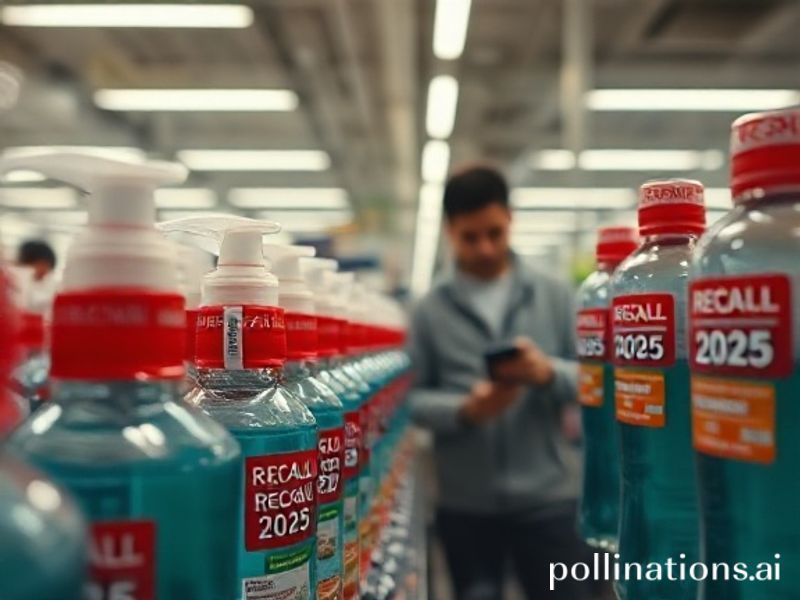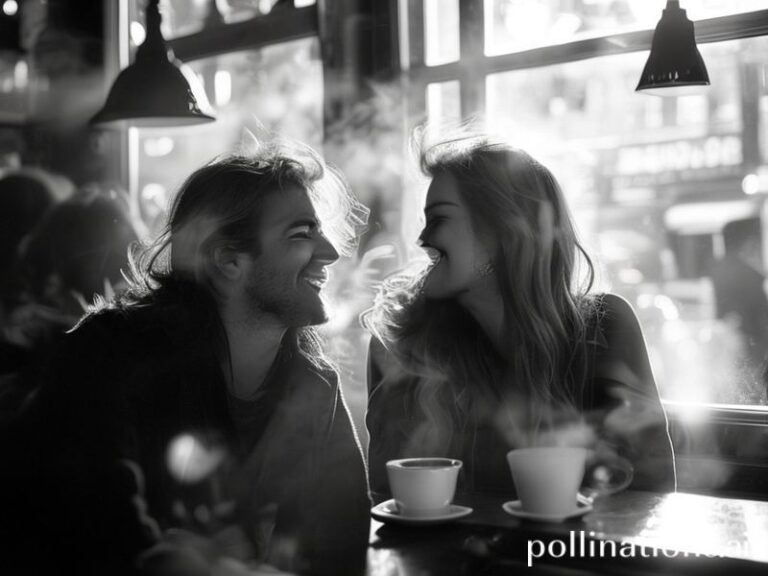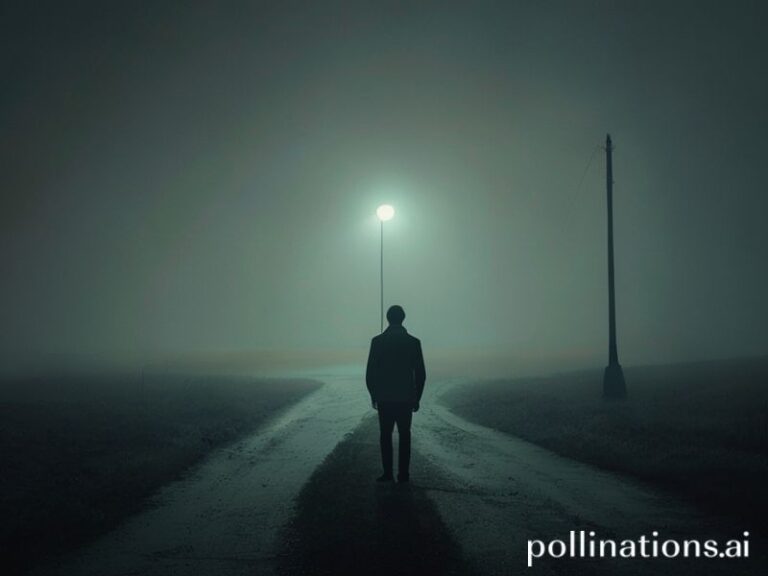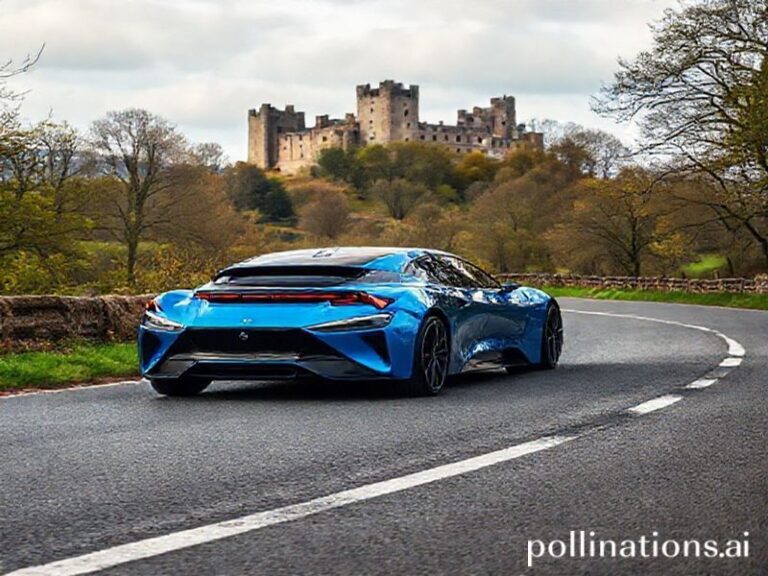Planet-Wide Panic Over Bacteria-Breeding Hand Soap: The 2025 Global Recall That Has Us All Washing Our Hands—Literally and Metaphorically
Global Suds Scandal: Hand Soap Recall 2025 Makes the World Rinse and Repeat
GENEVA—In a plot twist that would make even the most hardened epidemiologist wince, the World Health Organization announced this week that approximately 2.7 billion bottles of “Ultra-Germ-Blaster 3000” hand soap—marketed in 147 countries under 42 different patriotic labels—contain trace amounts of a chemical that, ironically, grows bacteria faster than a Bangkok street-food cart at lunchtime. Consumers everywhere are now learning the hard way that the lavender-scented elixir they’ve been frantically pumping since 2020 may have been hosting its own microbial Coachella on their palms.
The offending compound, methyl-whatever-the-hell-phosphate (technical term), was originally approved in 2022 under emergency-use protocols rushed through while regulators were busy binge-watching Tiger King reruns. Turns out the stuff not only fails to kill germs but also throws them an all-you-can-eat buffet. In hindsight, the red flag might have been the packaging slogan: “So gentle, even your microbiome will thank you!” Spoiler: it did, prolifically.
International reaction has been swift, multilingual, and predictably theatrical. French supermarkets slapped tricolor stickers over the English instructions with a terse “Désolé, la révolution microbienne est annulée.” Japanese vending machines began dispensing apology origami alongside refunds. Meanwhile, in the United States, TikTok influencers pivoted overnight from “SoapTok” to “Boiling-WaterTok,” demonstrating medieval hand-scalding techniques for clout. The algorithm, ever the loyal servant of panic, obliged.
Supply-chain sleuths trace the contamination to a single subcontractor in Shandong Province whose idea of quality control was “whatever passes the smell test.” That subcontractor, unsurprisingly, also supplies “organic” coconut water to boutique gyms in Copenhagen and biodegradable glitter to eco-raves in Berlin. In the global marketplace, your artisanal virtue is just another bulk commodity with a moody font.
Diplomatically, the recall has become the soft-power equivalent of a food fight. Canada politely asked citizens to return bottles “at their earliest convenience,” while Russia declared the soap a Western bioweapon and recommended patriotic birch-tar instead. Somewhere in Brussels, an EU commissioner is drafting a 900-page regulation on hand-soap emotional labeling—because if the suds can’t clean, they should at least disclose their feelings.
Economically, the hit is staggering. Multinationals have vaporized an estimated $18 billion in market cap, roughly the GDP of Iceland. Shares of rival soap brands—those brave enough to advertise “Now With 30% Fewer Mutations!”—are soaring. Cryptocurrency bros, never ones to miss an apocalypse, have already launched $SOAPCOIN, a token that promises to track bacterial load in real time. Early adopters have been promised commemorative loofah NFTs; late adopters will probably get rashes.
Humanitarian agencies worry about the global south, where discarded bottles are being repurposed as cooking-oil containers, watering cans, and, in one Malawian village, an improvised baptistery. “We’ve seen this movie before,” sighed a Red Cross logistician between sips of instant coffee. “First world panics, third world inherits the packaging.”
And yet, beneath the farce lies a familiar moral: our collective obsession with sterility has merely bred hardier dirt. For two decades we’ve marinated in marketing that promises to annihilate 99.9% of germs, never pausing to ask what the surviving 0.1% might be plotting in the margins. Evolution, it turns out, has a sense of humor darker than any columnist’s.
So scrub up, dear reader—or don’t. The planet will keep spinning, slick with irony, as we rinse, lather, repeat our way to the next catastrophe. Just remember: if your hand soap starts sending you friend requests, it’s probably time to switch brands.







